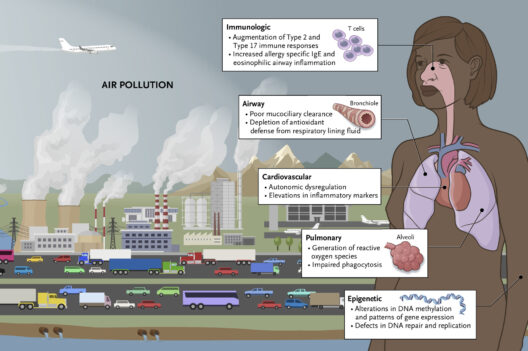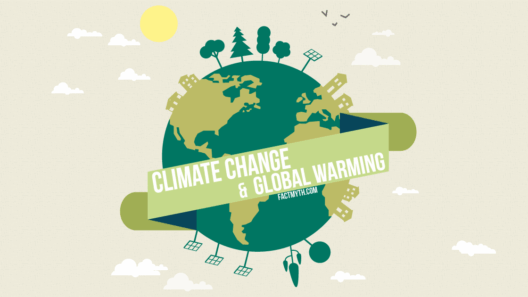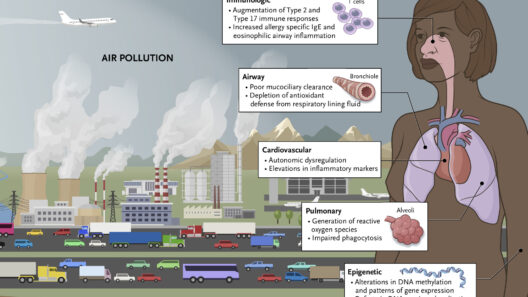In recent years, the intersection of comedy and climate science has emerged as a provocative domain, one that encapsulates a myriad of perspectives, often leaving audiences to reconcile humor with sobering realities. Among the voices in this conversation is Dennis Miller, a comedian known for his acerbic wit and sharp commentary. A frequent presence in contemporary media, Miller’s reflections on climate change have sparked intrigue and debate—provoking the question: Does he truly believe in global warming?
To understand Miller’s viewpoint, one must first appreciate the context in which he operates. Comedy serves as a lens through which societal issues are examined; it can amplify sentiments, critique ideologies, or, conversely, dismiss prevailing narratives. Miller’s comedic style often veers into areas of skepticism, blending irreverence with the absurd, leading many to question whether his humor obscures or enhances the message regarding climate change.
Miller has articulated skepticism toward mainstream scientific consensus on various occasions. This skepticism raises significant questions about the nature of belief in global warming among public figures. It is crucial to discern whether his comedic routines, which often adopt a sardonic tone, signify genuine disbelief or serve merely as a vehicle for critique.
Comedy can trivialize serious issues, catalyzing audiences into a reflective state, or it can be a mechanism for reinforcing entrenched views. When comedians like Miller tackle topics such as climate change, there exists a duality: the attempt to engage audiences through humor while simultaneously risking the dilution of critical messages. This irony is not lost on those who analyze the social implications of comedy, especially within contentious discussions like climate science.
The quintessential argument surrounding skepticism—or denial—of climate change often hinges on the intersection of political ideology and personal belief systems. Many conservatives, influenced by economic considerations, question the necessity of climate initiatives, perceiving them as expansive governmental overreach. If Miller’s comedy reflects this ideological clime, then the question arises: Is his skepticism a product of informed inquiry or a reflection of broader societal trends shaping public discourse?
Further complicating the issue is the role of media in shaping public perception of scientific facts. The proliferation of misinformation and the commodification of doubt have rendered climate science a battleground rife with confusion and polarity. Influential figures within the entertainment sphere, particularly comedians, possess a significant platform, allowing for the dissemination of ideas—whether they affirm or challenge scientific facts. Miller’s comedic lens, viewed against this backdrop, may engender mixed interpretations regarding the legitimacy of climate change.
Moreover, examining Miller’s humor through the prism of satire reveals a deeper fascination with the absurdity that surrounds climate discussions. While his jokes may imply skepticism, they inadvertently highlight the surreal nature of the debate: the incongruity between overwhelming scientific evidence supporting climate change and the public’s response, often lulled by comedic dismissal. Miller’s approach can serve to reflect society’s struggle to grapple with a reality laden with impending ecological crises.
This analysis evokes a broader inquiry into how humor interacts with systemic issues such as climate change. When comedians tackle significant matters, there exists an inherent responsibility to facilitate understanding rather than perpetuate confusion. As the ramifications of climate change become increasingly dire, the role of humorists like Miller should ideally evolve—transitioning from provocative skepticism to informed engagement that fosters constructive discourse.
Furthermore, within the comedic narrative, one can identify the implications of complacency. Jokes about climate change may serve initially to entertain, yet, upon deeper exploration, they reveal a societal apathy that undermines urgent discourse. Miller’s brand of humor, particularly if it drifts toward dismissal of established science, risks reinforcing an ongoing cycle of inaction. In circling back to the absurdity, the public may find comfort in laughter but simultaneously ignore the pressing need for substantive change.
The creation of the “climate change skeptic” persona has valuable consequences for societal dialogue. Like comedy, skepticism can spur curiosity and demand accountability. Yet, it is critical to ensure that skepticism does not devolve into unfounded cynicism, as this can inhibit productive conversation about mitigation strategies and scientific progress. When entertainment veers into territory that casts doubt on established facts, it must be approached with caution—balancing the art of humor with the gravity of truth.
In conclusion, the inquiry into Dennis Miller’s beliefs regarding global warming beckons a broader examination of how comedy intersects with critical climate science. Skepticism can foster conversation, yet it may also lead to confusion or despair. The responsibility lies with influential voices in entertainment to wield their platforms thoughtfully, engaging audiences in ways that propel collective understanding, rather than diminish it. Amid laughter, there is a clarion call for seriousness that must not be dismissed—a reminder of the pressing realities that climate change brings to the forefront of societal concerns.







